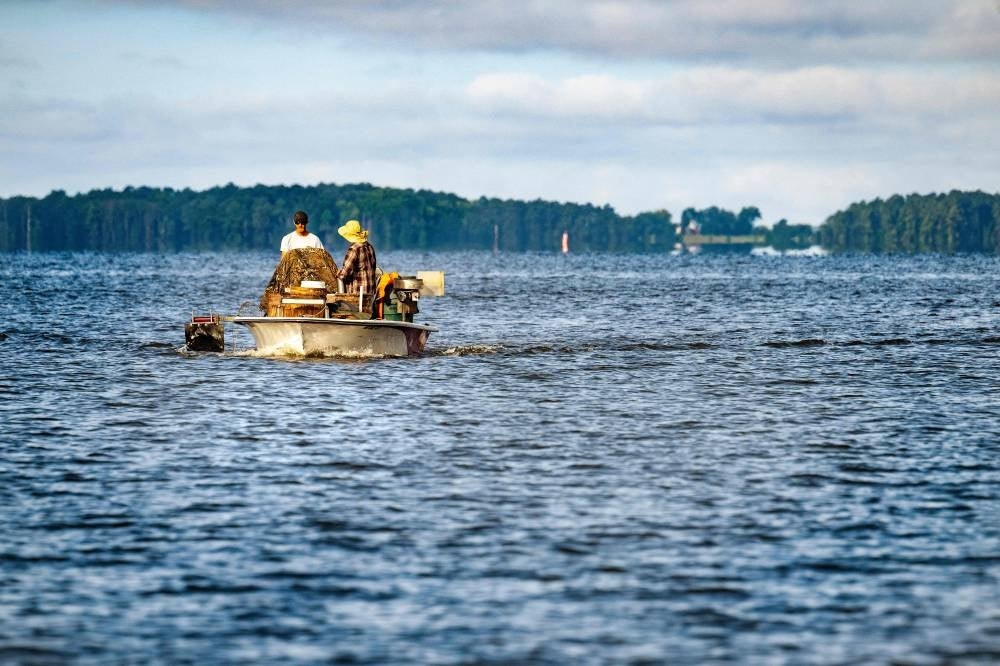Japan committed in communicating safety aspects in discharching Fukushima treated water

KUALA LUMPUR - The Japanese government is committed to continuously explaining to the international community, including Southeast Asian (SEA) countries, the safety aspects of its plan to release treated water into the Pacific Ocean from the decommissioned Fukushima Daiichi nuclear power plant.
Though Japan's plan to discharge Advanced Liquid Processing System (ALPS) treated water into the sea is said to be consistent with international safety standards sanctioned by the International Atomic Energy Agency (IAEA), many nations especially its neighbors have been voicing skepticism over the move.
Yosuke Kurotani, First Secretary of the Japanese embassy in Malaysia, said with the recent release of the IAEA’s Comprehensive report Japan is doing its best to assuage the concerns by providing necessary information to more countries if needed.
"Based on the conclusions of the IAEA Comprehensive Report, we will continue to provide necessary information to the international community in a transparent manner as well as make efforts to enhance the understanding of the international community regarding the discharge of the ALPS-treated water.”
Kurotani said this to Bernama in an exclusive interview recently when asked on how the release of more than 1.33 million cubic metres of water that has accumulated on the site since the 2011 nuclear disaster following the Great East Japan earthquake could potentially spark concerns in SEA.
"The United States (US) welcomes IAEA’s report and noted that since the 2011 nuclear accident, Japan has proactively coordinated with the IAEA on its plans and conducted a science-based and transparent process.
"They (US) look forward to Japan’s continued cooperation with the IAEA as its process moves forward. It is very reassuring that the above comments were made in the US and that South Korea conducted its own survey and announced that Japan's efforts conform to international standards.
"By continuing to provide detailed explanations, we would like to enhance understanding about this in the international community. We've always been open about this and made all relevant information public,” he affirmed.
In the latest development, Australia added to the list of nations that welcomed the IAEA report which involved experts from the US, South Korea, Russia, Argentina, Australia, Canada, China, France, the Marshall Islands, the United Kingdom and Vietnam.
During the recently-concluded ASEAN Plus Three meeting (ASEAN+3) in Jakarta, Indonesia, Japanese Foreign Minister Yoshimasa Hayashi underscored that the ALPS-treated water will be discharged into the sea in accordance with international standards and customs.
On how the Fukushima Daiichi nuclear power station is equipped to counter the potential risks from the release, Kurotani highlighted that the water discharge is based on the so-called ‘fail-safe concept’ where it will be immediately stopped if something goes wrong.
"This way of thinking is based on the premise that failures, malfunctions, and misoperations are bound to happen, and incorporates into the structure control methods and operating principles that automatically lead to safety in such cases.
On the seafood import ban probably imposed by certain countries once Japan begins releasing the treated water, making references to the contents of the IAEA Comprehensive Report, Kurotani reiterated that the discharge of ALPS-treated water has a negligible radiation effect on human and the environment.
IAEA in its report on July 4 said that the approach to the discharge of ALPS treated water into the sea is "consistent with international safety standards".
The report was formally presented to Japanese Prime Minister Fumio Kishida by the agency's Director General Rafael Mariano Grossi in Tokyo during Grossi’s four-day visit to Japan.
Japanese newspapers reported that the Japanese government and Tokyo Electric Power Company Holdings (TEPCO), the plant’s operator, aim to carry out the plan around the summer, which is around August. - BERNAMA
Download Sinar Daily application.Click Here!














